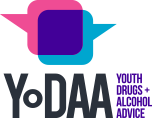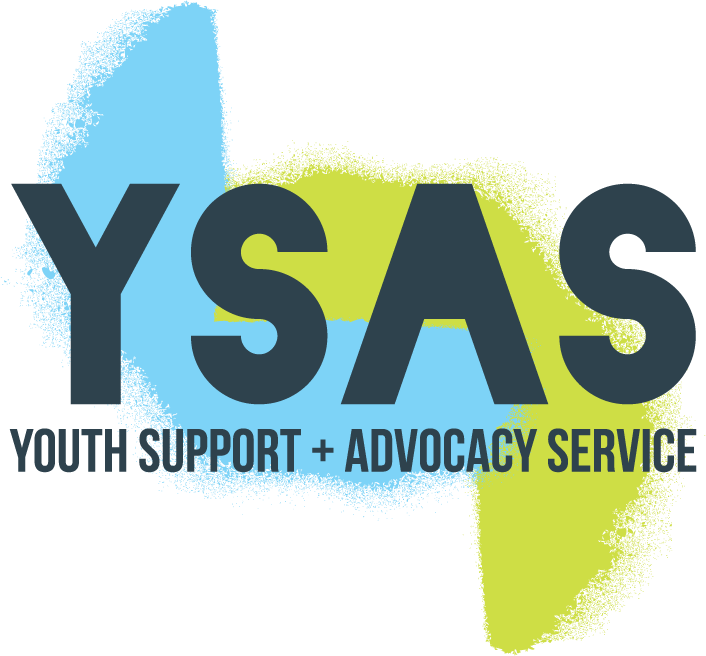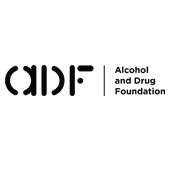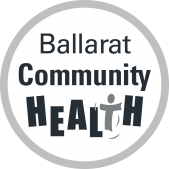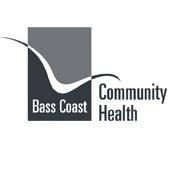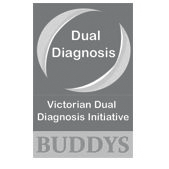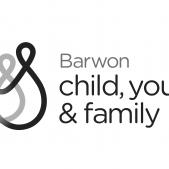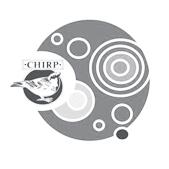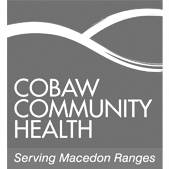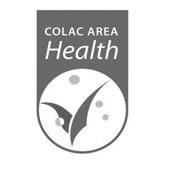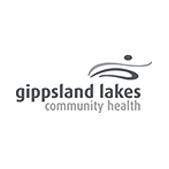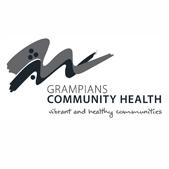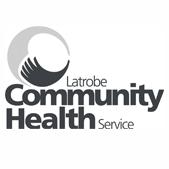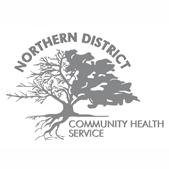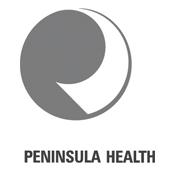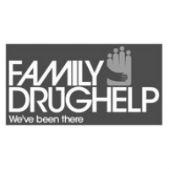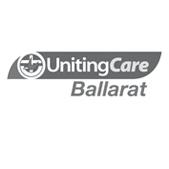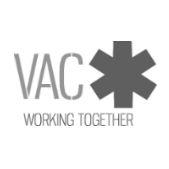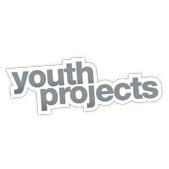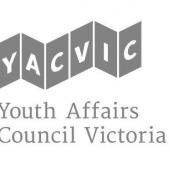Advice for Teachers
Identifying different patterns of drug use
For many school students, exploration of alcohol and other drugs is a normal part of development and will not lead on to problematic use that requires specialist attention.
Identifying a pattern of use can help you understand when a referral is necessary and aid in making referrals that are more likely to meet a student's needs.
EXPERIMENTAL USE
Experimentation is use to ‘try it out’ and is not, in itself, indicative of a substance use problem. Many young people may experiment a few times and find that a substance is ‘not for them’ or is not worth the risk and expense. If a young person is maintaining the same standard of school work and still engaged with extra curricular activities and the same social group a referral to a drug and alcohol service may not be indicated although accurate drug safety info such as that provided by YoDAA for young people should always be available to young people.
RECREATIONAL USE
Recreational use is substance use to enhance a social experience. This kind of drug use may sometimes involve consuming large quantities of drugs and intoxication (ie: binge drinking) but, in general, does not interfere with other aspects of a person’s life. Once again, information about consuming substances safely is probably more appropriate than a referral to an AOD service.
SITUATIONAL USE
For some students, substance use only occurs in certain circumstances. A student who is substance free when living with Mum during the week then smokes cannabis at Dad's house on the weekend is an example of this. Direct a young person to resources that strengthen their decision making skills and encourage them to identify goals and dreams and take practical steps towards them. Introduce them to support options such as youth drug and alcohol services.
INTENSIVE USE
Unlike recreational or situational use, intensive use occurs in a range of circumstances and settings. A young person who is using intensively may be quite happy with their substance use and suspicious of efforts to get them to quit. Helping a young person identify the purpose, meaning or function of their substance use ‘tell me what you like about using’ is a good starting point. If the young person is open to the idea of talking to someone about their substance use consider referrals to specialist services.
DEPENDENT USE
Dependnet use is when a young person finds it difficult to control or stop their use. They use more than they intend and need to use larger amounts to get the same feeling. They may also experience withdrawal symptoms when not using. It can be dangerous to suddenly stop using some substances if a person is dependant. Referral to a specialist service is usually warranted here.
It’s important to note:
- Young people may have different patterns of use for different drugs simultaneously. For example, it is possible for a young person to be dependant on tobacco whilst experimenting with Ice.
- Young people don’t necessarily move through these patterns sequentially: recreational use doesn’t necessarily lead to situational or intensive use
- Even regular use may not always lead to significant problems down he track, but this should be monitored
